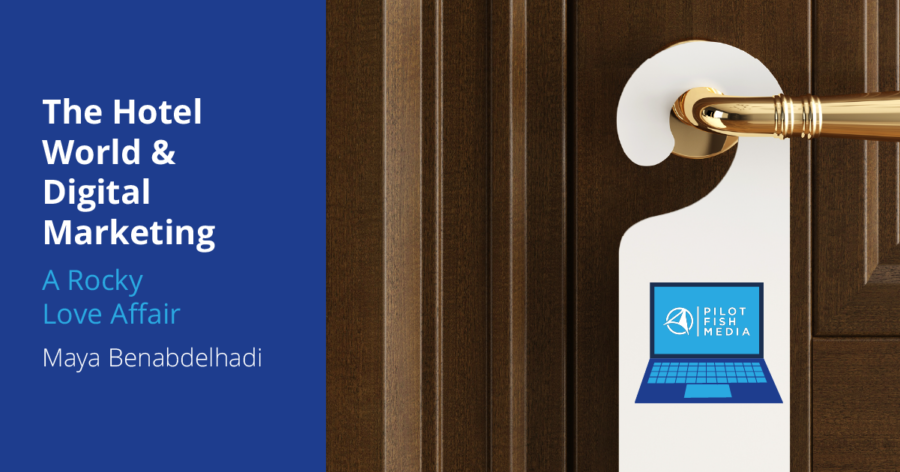Hello, netizens! Maya here: the newest addition to the Pilot Fish Media team. Before joining your favourite digital marketing agency, I worked in the world of luxury hospitality. So to kick things off in style, I thought I’d share a few thoughts about the relationship between hotels and digital marketing.

A photo of our fabulous newstarter, Maya!
Most hotels, especially luxury hotels, have beautiful and often fairly distinctive products as well as outstanding levels of service. With such unique and attractive offerings, it’s easy to assume that their promotion would be fairly simple. I mean, how difficult could it possibly be to get noticed and to inspire with such alluring products?
And there lies the trap. Oh, what a shiny and enticing trap it is, too! One that, sadly, the overwhelming majority of hotels fall head first into, especially when it comes to the upscale luxury segments. Hoteliers assume that the sheer beauty and aesthetic dimension of their establishment is their main strength and, as such, that it is the only factor needed to entice the market. This leads them to use a similar, if not identical, marketing approach and produce promotional materials that heavily feature the physical evidence and, if you’re lucky, their location… And they stop there. The result is – you guessed it! – a collection of pictures and videos showcasing an endless sea of bright beaches, cityscapes, rooms, restaurants and spas on a background of soft inspirational music. Absolutely stunning… and utterly forgettable. The only people who will be excited to see the hotel’s advertisement will be its own staff and tired hotel students who are 6 hours into an 8-hour day.
By presenting their originally singular product in exactly the same way as their competitors, hotels end up doing the unthinkable: not differentiating themselves. This is a hard lesson to learn but a critical one. Product is not enough for promotion. Fear not though, the end is far from nigh for our favourite hotel brands. So what can they do to truly stand out and captivate?
Present & Engage Unexpectedly
In addition to having a great and unique product, which is still incredibly important, the presentation of said product needs to be different too. Otherwise, people will switch off after a few seconds. You need to make the discovery of the product unique, entertaining, and most of all, captivating. It must be an experience.
Two great examples of this are Accor’s Live Limitless and Kempinski’s Instagram video, which portrayed their hotel stays as the ultimate lifestyle experience in different ways. Both brands make clever use of music to liven up their video ads and build excitement. While they both heavily bank on their properties’ visual identities, they use different types of dynamic filming and sharp transitions to keep the audience engaged. While Kempinski created the engrossing illusion of @jasnauskaite walking through the hotel with stark outfit transitions, Accor consciously used a bold and contrasting colour palette to keep the eye transfixed while focusing on the brand’s unparalleled collection features and special services. You will also have caught the use of celebrities (the French football team for Accor and a local fashion influencer for Kempinski) to add a little extra incentive to like their brands.
Craft a Unique Tone of Voice
Part of presenting differently is also having a unique tone of voice (a way of speaking and writing). Don’t forget to make sure that it fits your brand, too! The way you express yourself will give your audience a preview of what type of experience they can expect from their hotel stay. Will it be a grandiose and pompous affair, glitz and glamour, or fun and friendly?
Make no mistake, tone of voice is a powerful tool. Most hotel brands have a tendency to speak in a similar mild and polished way, so expressing yourself with a specific personality will help you to cut through the noise and be remembered. For some inspiration, check out Welcome to The Wonderful World of Belmond. In this tongue-in-cheek ad, Belmond makes fun of the usual bland hotel ads and puts the focus on people through their friendly and facetious narrator. His peaceful and witty delivery draws the audience in and takes them on a journey filled with eccentric guests and exceptional staff against the backdrop of Belmond’s story-book properties.
Use Persuasion
Last but not least, let’s chat about persuasion. Promotion is often used to convince the audience of our merits. We have the most beautiful pool, because it hangs in the sky in between two buildings, or we serve the most delicious cocktails, because our barmen have extensive training and so on. We try and reason with the audience to prove we are the best, the prettiest and the fanciest – which is why they should pick us.
This direct approach appeals to the audience’s analytic and conscious mind. It’s the Ravenclaw method. There is, however, another sneakier way to make an even greater impact: persuasion (aka the Slytherin method). Instead of rationalising, subtly appeal to your audience’s feelings and values (i.e., their unconscious mind). A great way to do that is to build ties with people, products and places that your audience values and considers as high quality. By association then, the hotel experience will be seen similarly. A noted example was Hilton appearing in virtually all 80s American films as the hero’s hotel of choice, although that is very blatant and no longer effective in a world of omnipresent product placement.
A more modern method is the use of influencers. Your favourite influencers have developed a trusted relationship with their following, who perceive them as an authority in their field and someone to be emulated. They can tug at your heart strings without looking obvious or fake. Have a look at the Mandarin Oriental – He’s a Fan campaign, a true masterpiece. Without seeing the hotel once, Morgan Freeman persuades us with his iconic smooth baritone voice that the Mandarin Oriental is the place to be. That’s the power of persuasive influencers in action: a dash of celebrity, a series of evocative positive associations, an emotional connection, and your audience is hooked.
As you will have seen, while the very traditional world of hospitality tends to butt heads with digital marketing, there are some gems out there. Take a page out of these hotel masters’ books by following their key digital marketing lessons:
- Product is just the beginning
- Present your offering in a unique and engaging way
- Use a distinctive, brand-affirming tone of voice
- Complement convincing your audience with subtle persuasion
Happy promoting!
Want to make your digital marketing stand out? To get a free audit of your current digital marketing strategy, get in touch at [email protected].

